For a VBA solution, if your translations don't change that often, you could populate a Dictionary (add a reference via Tools -> References... to Microsoft Scripting Runtime) to hold the translations.
Then you could pass in the value of the cell, split it, and return the corresponding translation for each part:
Dim dict As Dictionary
Function Translations(s As String) As String
If dict Is Nothing Then
Set dict = New Dictionary
Dim arr() As Variant
arr = Worksheets("Sheet1").Range("A1:B25").Value
Dim rowCount As Integer
rowCount = UBound(arr, 1)
Dim row As Integer
For row = 1 To rowCount
dict(arr(row, 1)) = arr(row, 2)
Next
End If
Dim temp() As String ' holds both the keys from the current input, and the results
temp = Split(s, ",")
Dim ubnd As Integer
ubnd = UBound(temp)
Dim i As Integer
For i = 0 To ubnd
Dim key As String
key = temp(i)
If dict.Exists(key) Then
temp(i) = dict(key)
Else
temp(i) = ""
End If
Next
Translations = Join(temp, ",")
End Function
and you could call it from a cell like this:
=Translations(A1)
Note that for efficiency, the dictionary is not recreated on each function call, but stored in memory. Therefore, if your translations change, you'll need to reset the dictionary. This can be done in a number of ways:
Close and reopen the workbook
In the VBA editor, click Run -> Reset from the menus
Write a special method that clears the dictionary:
Sub ClearDict
Set dict = Nothing
End Sub
and call it (e.g. from the Immediate pane) after changes have been made.


